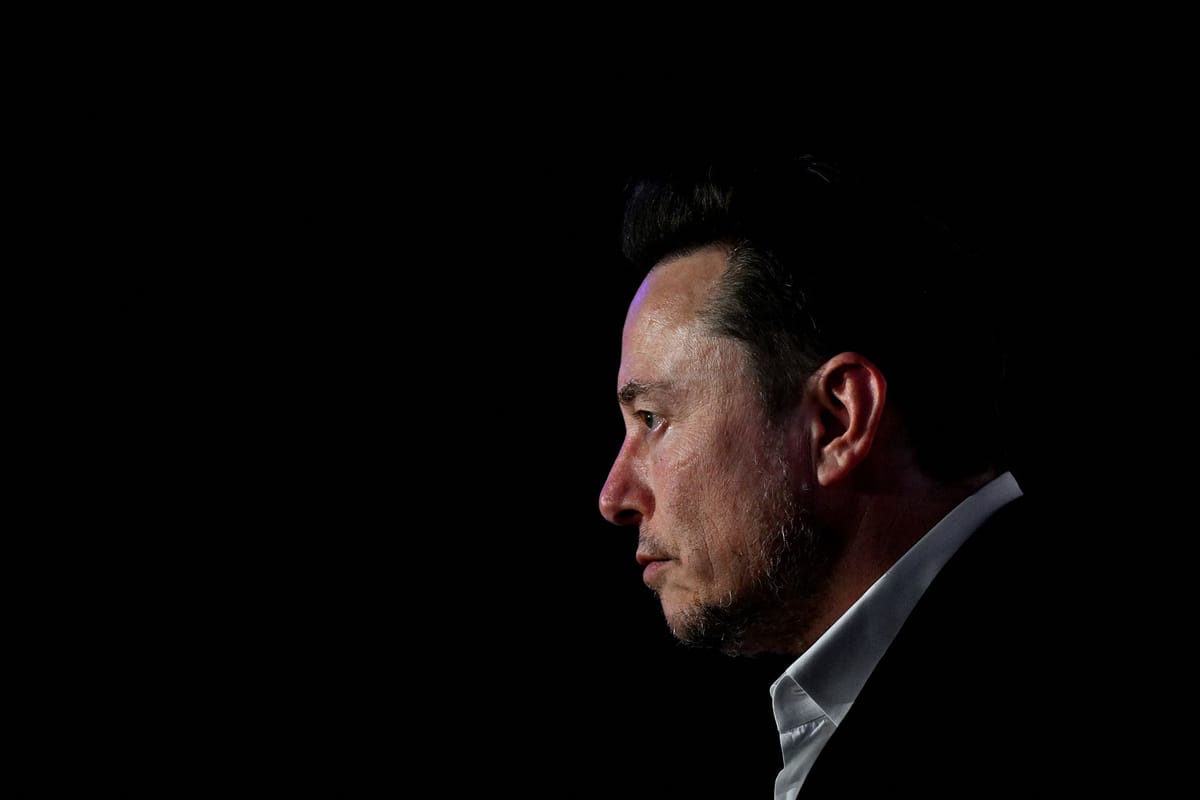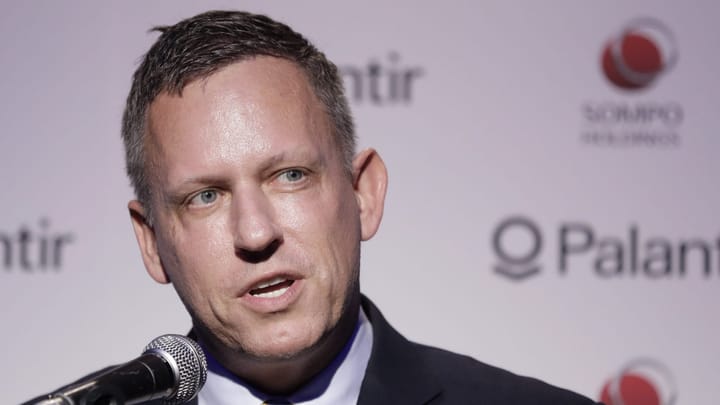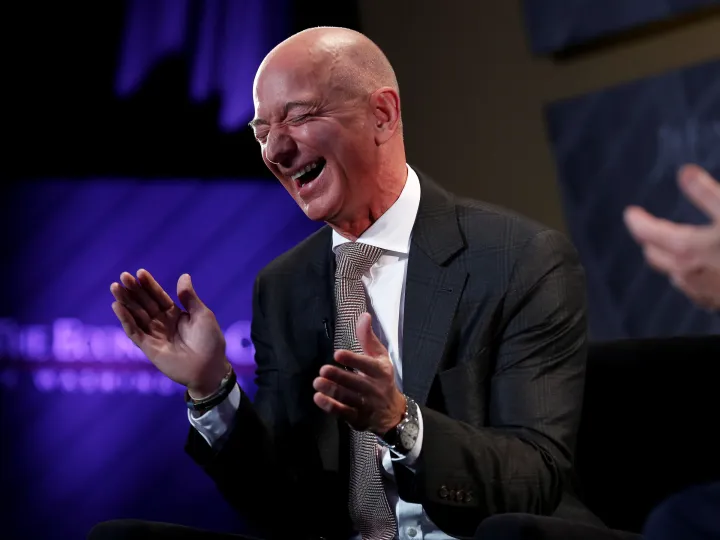Elon Musk Is an Existential Threat to Big Tech
Elon Musk’s direct control over the federal payment infrastructure has elevated him from tech billionaire to existential threat, casting a shadow over every major player in Silicon Valley.

America's bureaucratic machinery now runs through Elon Musk's smartphone. A man-child who tweets about dogecoin controls $6 trillion in government payments, holding enough control over government operations to reward allies, punish competitors, and reshape federal policy to benefit his own enterprises. If you had "the world's richest shitposter has quietly become America's shadow government chief" on your bingo card, congratulations. You've won the stupidest prize.
For Google, Apple, Meta, even Palantir and Oracle, the real story here isn't Musk's official title as "special government employee" - a deliberately boring label that masks an unprecedented power grab - it's that Silicon Valley's loudest, least-capable, least-responsible disruptor now arguably controls the U.S. government.
Zuckerberg suffered through congressional testimony. Cook perfected the senator dinner circuit. But while they played Washington's influence game, Musk simply seized the controls. He didn't ask for permission or forgiveness - he stormed into the Treasury Department and took direct control of its payment systems. The tech industry's careful decades-long dance with Washington just got crashed by the guy who launched a car into space.
This is a nightmare scenario for Silicon Valley's old guard. They've spent years building careful relationships in Washington, hiring armies of lobbyists, and making strategic campaign contributions. Now they get to watch as their most unpredictable rival gains direct control over the government's technological backbone.
The Treasury Department's payment system handles billions in transactions daily. Every federal contract awarded to Google, every research grant given to artificial intelligence labs, every defense payment to Amazon's cloud services - all now flow through systems overseen by their direct competitor. Musk's team doesn't just see these transactions - although that would be bad enough. No, they control the very infrastructure that processes them.
Musk's position as both a major federal contractor and overseer of federal spending creates conflicts of interest that make traditional tech-government relationships look pristine by comparison. When the same person controls both SpaceX and the systems that process SpaceX's government payments, we've entered new territory.
Musk's position creates an information asymmetry that no amount of lobbying can counter. His team's access to the Treasury's payment systems means they can see patterns in government spending that others can't. They can spot which tech companies are getting what contracts, where the money flows, and how the government actually spends its technology budget.
Musk can monitor Apple's classified contracts while developing competing technology and attacking their App Store policies on his social platform. He can track Google's AI initiatives while building rival systems and influencing the political conversation around AI regulation.
Musk already controls X, giving him a global platform to shape narratives and attack rivals. His companies compete directly with other tech giants in AI, social media, and autonomous systems. He has demonstrated political influence strong enough to place loyalists throughout the government.
This is the ultimate form of power - unprecedented market intelligence.
The old playbook for tech influence in Washington is dead. The carefully orchestrated meetings, the strategic leaks to friendly journalists, the donations to key committees - all rendered quaint by Musk's direct control over government systems. He's not playing the influence game. He is the influence.
Musk now operates in a gray zone between public servant and private billionaire, commanding government authority while maintaining his corporate empire. No Senate confirmation will constrain his authority, no public hearings will examine his team's decisions, and seemingly no accountability measures can check his power. The potential for abuse is built into the structure of the arrangement. It's a feature, not a bug.
In months, Musk has gained more direct control over government operations than tech companies have managed to achieve in decades of careful maneuvering.
This power shift exposes the fundamental weakness in Silicon Valley's traditional approach to government relations. While tech leaders were playing a sophisticated game of influence and access, Musk simply seized direct control. He didn't try to influence the bureaucracy - he became the bureaucracy. Both Washington and the Valley are now shown up for how weak, fragile and easily captured they have always been.
Silicon Valley's response - or lack thereof - speaks volumes. The usual chorus of tech leaders who love to tweet about government overreach has fallen conspicuously silent. They recognize that challenging Musk means drawing attention to their own complicated relationships with federal power. Better to watch quietly as one of their own accumulates unprecedented control, even if that control could ultimately be turned against them.
The brutal truth is that Silicon Valley's leaders have an existential choice to make. They can adapt to a world where their most unpredictable rival controls the government (uncomfortable), risk being left behind in a new power structure they never saw coming (scary), or discover their backbones and find a way to fight back (too hard).
The era of careful corporate influence in Washington died the moment Musk's team gained access to Treasury payment systems.
Big Tech faces a new reality: their most powerful competitor has become their regulator, with access to their government contracts, spending patterns, and federal relationships.
The guy who cheats at videogames is cheating at everything else, and winning.
What are you going to do about it, Mark? Sundar? Tim?


